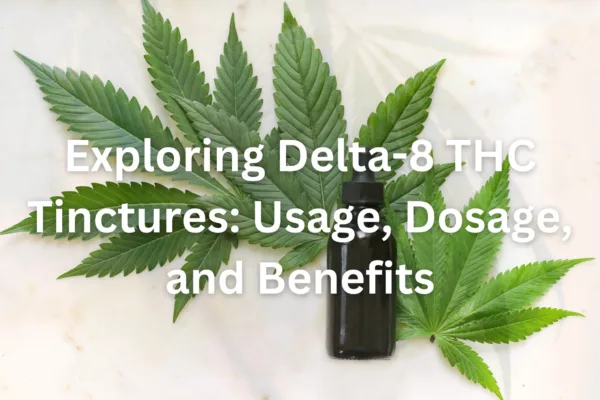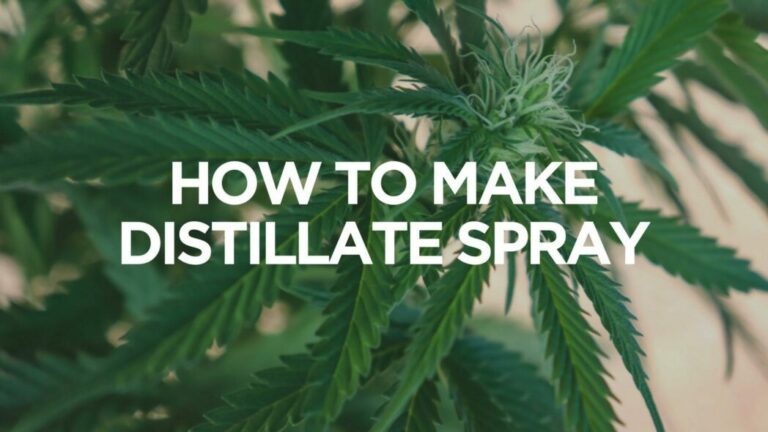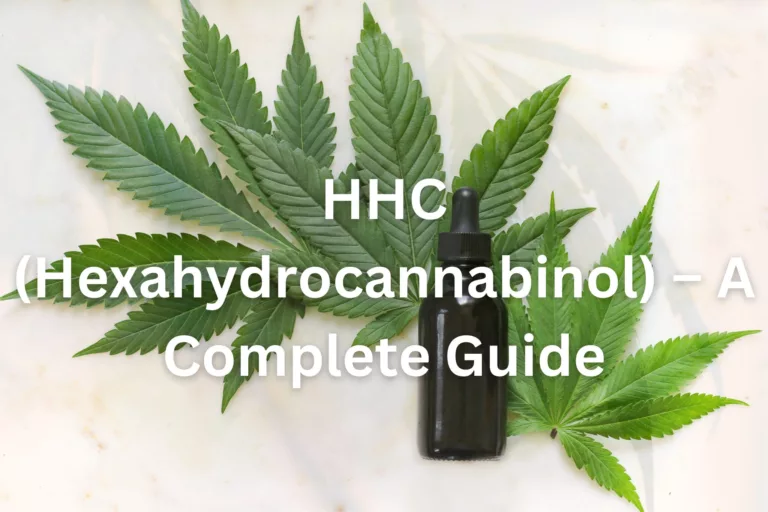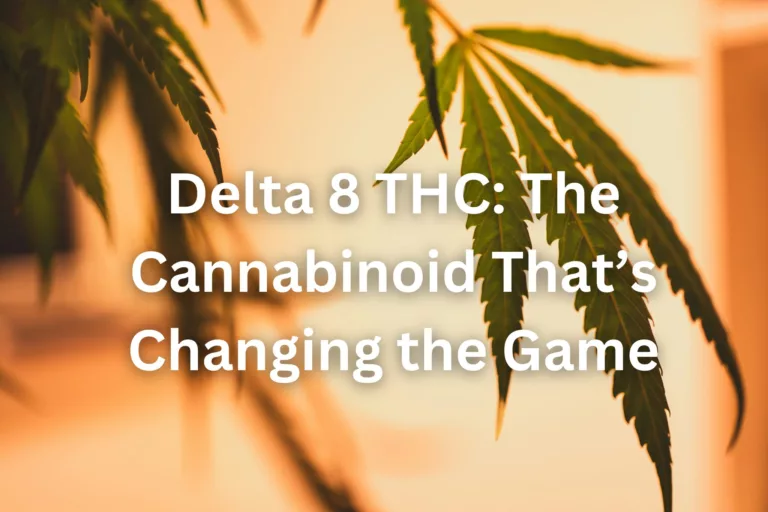How to Incorporate Delta-8 and CBD into Your Fitness Routine
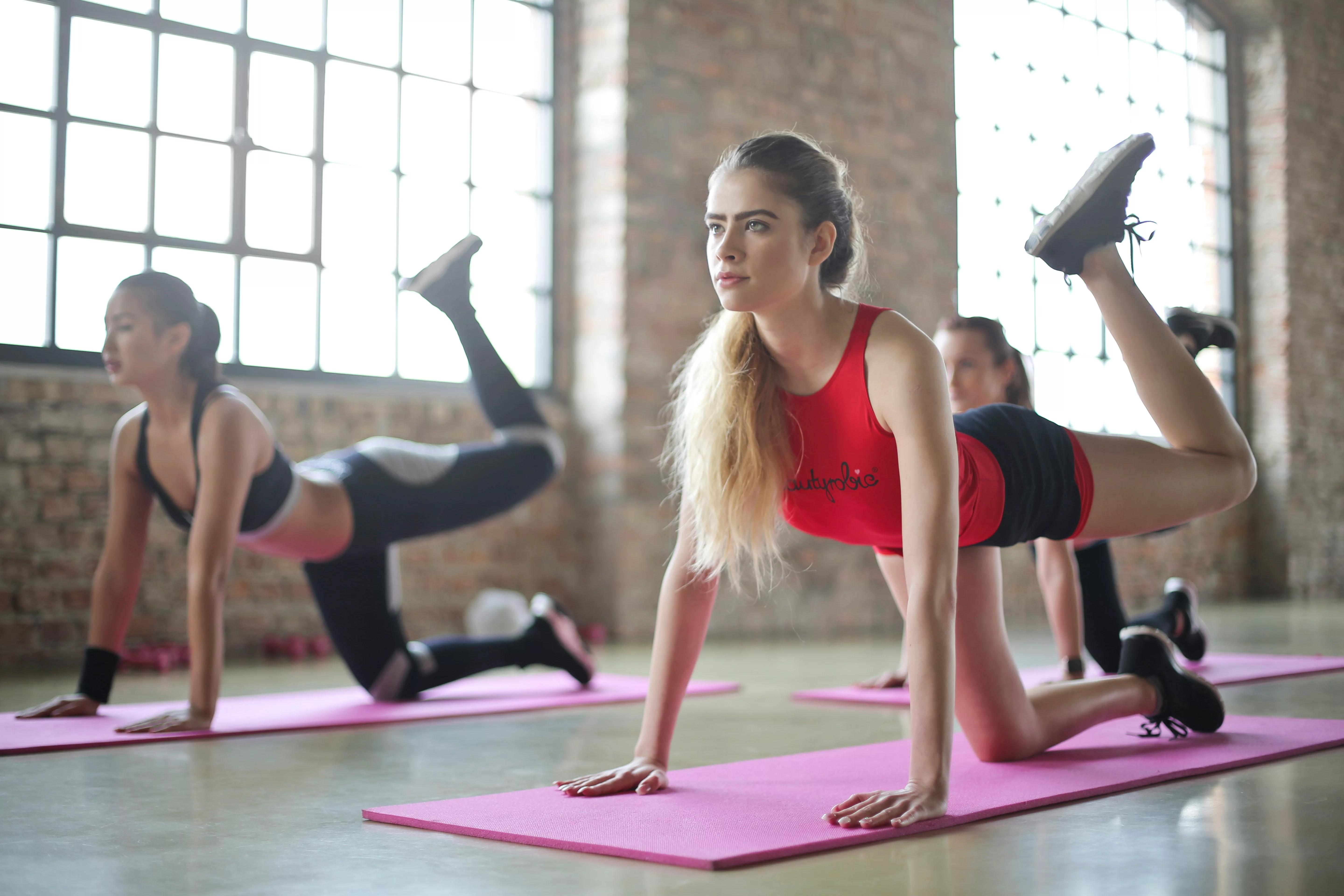
Imagine finishing an intense workout, feeling that satisfying ache in your muscles, but also knowing tomorrow’s soreness might hold you back. What if there was a natural way to enhance your recovery and even potentially boost your performance?
The world of cannabis offers more than just the traditional “high,” and two compounds, Delta-8 THC and CBD, are gaining significant traction in the fitness and wellness communities.
At CannaClear, we’re dedicated to providing a wide range of THC products and formulations designed to meet diverse needs—whether you’re a recreational user seeking a new way to complement your workouts or a medical cannabis patient exploring alternatives to traditional fitness supplements.
This blog post explores how to incorporate Delta-8 THC and CBD into your exercise routine, with a focus on Delta-8 tinctures. You’ll find detailed insights on their appeal, potential drawbacks, and best practices for safe and effective use.
Understanding Delta-8 THC and CBD: The Basics
Before diving into fitness applications, let’s clarify what Delta-8 THC and CBD are, and how they differ. Both are cannabinoids, naturally occurring compounds found in the cannabis plant, but their effects vary.
What is Delta-8 THC?
Delta-8 THC (delta-8-tetrahydrocannabinol) is a close chemical cousin of Delta-9 THC, the primary psychoactive compound in cannabis responsible for the “high.” The difference lies in a slight variation in their molecular structure – a double bond on the 8th carbon atom instead of the 9th.
This seemingly small difference results in a significantly milder psychoactive experience. Users often describe Delta-8’s effects as a “mellow high,” characterized by relaxation, potential pain relief, mood enhancement, and a sense of calm without the intense euphoria or potential anxiety sometimes associated with Delta-9.
It’s important to note that delta 8 THC is still a form of delta THC, and therefore, THC products containing it will likely cause a positive result on a drug test.
What is CBD?
CBD (cannabidiol) is another prominent cannabinoid, but unlike Delta-8 and Delta-9 THC, it’s non-psychoactive. This means it doesn’t produce a “high.”
CBD has gained widespread popularity for its potential therapeutic benefits, which include anti-inflammatory properties, pain relief, anxiety reduction, and improved sleep. This cannabinoid is generally legal in most states, especially when derived from hemp.
The Entourage Effect
While this article focuses primarily on the individual use of Delta-8 and CBD, it’s worth mentioning the “entourage effect.”
This theory suggests that cannabinoids, terpenes (aromatic compounds in cannabis), and other plant compounds work synergistically to enhance each other’s effects.
While more research is needed, some believe that combining CBD and Delta-8 might offer a more balanced and potentially more effective experience.
Delta-8 THC and Your Workout: Potential Benefits
Delta-8 THC’s unique properties make it a potentially valuable addition to a fitness regimen, both before and after exercise.
Pre-Workout
While not a traditional “pre-workout” supplement in the same vein as caffeine or creatine, Delta-8 might offer some benefits for certain individuals:
- Focus and motivation: Some users report that low doses of Delta-8 can enhance focus and motivation, helping them get into the “zone” for their workout. It can potentially counteract pre-workout jitters or anxiety that some people experience. It’s crucial to emphasize low doses here, as higher doses could impair coordination and reaction time.
- Energy boost: Anecdotal evidence suggests that Delta-8 may provide a subtle energy lift for some users. However, this effect is not universally reported, and it’s important to avoid overpromising. More research is needed in this area.
If you choose to experiment with Delta-8 pre-workout, start with an extremely low dose (e.g., 2.5-5mg of a tincture) and assess your tolerance. Timing is also crucial; consume it 30-60 minutes before your workout to allow for absorption.
Lastly, look for the best delta 8 products, meaning these products come from a reputable company and come with lab-tested results.
Post-Workout
This is where Delta-8’s potential benefits arguably shine the brightest:
- Muscle relaxation: Delta-8’s relaxing properties can help ease muscle tension and soreness after a strenuous workout.
- Pain relief: Delta-8 has potential analgesic properties, which may help manage post-exercise pain. While more research is needed, anecdotal evidence and some preliminary studies suggest it could be beneficial.
- Reduced inflammation: Delta-8 may possess anti-inflammatory effects, although further research is required to fully understand this aspect. Reducing inflammation is crucial for muscle recovery.
- Improved sleep: Quality sleep is essential for muscle repair and overall fitness gains. Delta-8’s relaxing and potentially anxiety-reducing effects may promote better sleep, indirectly aiding recovery.
Post-workout, you might tolerate a slightly higher dose of Delta-8 than pre-workout, but always start low and gradually increase as needed.
Creating Your Personalized Routine
Integrating Delta-8 and CBD into your fitness routine is a personal journey. There’s no one-size-fits-all approach.
- Experimentation: Be prepared to experiment (safely and responsibly) to find what works best for your individual needs, fitness goals, and body chemistry.
- Journaling: Consider keeping a journal to track your dosages, timing, effects, and workout performance. This can help you fine-tune your routine over time.
- Consistency: Consistent use, with appropriate cycling (taking breaks), may be necessary to experience the full potential benefits of both Delta-8 and CBD.
- Combining with other wellness practices: Remember that Delta-8 and CBD are just one piece of the puzzle. A holistic approach to fitness includes proper nutrition, hydration, adequate sleep, and stress management.
Safety and Considerations
While Delta-8 THC and CBD are generally considered safe, there are important considerations to keep in mind:
- Start low and go slow: This is the most crucial piece of advice, especially with Delta-8 THC. Begin with a very low dose and gradually increase it only if needed and well-tolerated.
- Listen to your body: Pay close attention to how your body responds to both Delta-8 and CBD. Adjust your dosage and timing accordingly.
- Potential side effects: Delta-8 THC can cause drowsiness, dry mouth, and, in some cases, anxiety or paranoia, especially at higher doses. CBD is generally well-tolerated, but potential side effects can include mild drowsiness, dry mouth, or digestive upset.
- Drug interactions: Both Delta-8 THC and CBD can interact with certain medications. If you’re taking any prescription drugs, consult your doctor before using these products.
- Driving/operating machinery: Avoid using Delta-8 THC before driving, operating heavy machinery, or engaging in any activity that requires alertness and coordination.
Exploring High-Quality Delta-8 Tinctures and Other Edibles
When seeking the best delta 8 products, it’s essential to choose reputable sources. At CannaClear, for instance, you can find high-quality THC products backed by third-party lab testing.

While tinctures are a fantastic option for precise dosing and quick absorption, you might also explore edibles like gummies if you prefer a convenient, tasty alternative:
- HHC Gummies: Pink Lemonade
- HHC Gummies: Sour Watermelon
- HHC Gummies: Strawberry
- Delta-8 THC Gummies: Sour Cherry
- Delta-8 THC Gummies: Sour Watermelon
These gummies offer an alternate route of administration that may be more comfortable for some users—especially those who prefer the familiarity of edible treats.

If you’re curious about how edibles align with your fitness routine, consider starting with a small portion to gauge how the onset and duration of effects fit your workout schedule and recovery needs.
Conclusion: Embrace a Balanced Approach
Incorporating Delta-8 THC and CBD into your fitness routine can be a game-changer, but it’s most beneficial when approached carefully and in harmony with your broader wellness practices.
From potentially heightened pre-workout motivation to post-exercise relaxation, delta 8 THC tinctures provide an adaptable tool that can address multiple facets of an active lifestyle.
Should you decide to introduce Delta-8 THC into your regimen, start with small, measured doses, observe how your body responds, and make adjustments as needed.
If you’re interested in exploring other options like gummies, be sure to check out reputable, lab-tested brands that provide clear information about product quality—such as Cannaclear. Here, you’ll also find a variety of HHC and Delta-8 THC edibles, each formulated with care to deliver consistent, reliable effects.
Frequently Asked Questions
What is better, CBD or delta 8?
Neither CBD nor Delta-8 is inherently “better;” it depends on your individual needs.
CBD is non-psychoactive and primarily used for potential therapeutic benefits like pain and inflammation relief, while Delta-8 THC offers a mild psychoactive experience along with potential relaxation and pain relief.
Is delta 8 legal in Canada?
Delta-8 THC occupies a legal gray area in Canada; while not explicitly prohibited, it’s not directly addressed under current cannabis regulations. Its legal status is uncertain and may be subject to interpretation under existing laws concerning THC and cannabis derivatives.
Are delta 8 gummies powerful?
Delta-8 gummies can be potent, but their effects are generally milder than Delta-9 THC gummies. The strength varies depending on the dosage per gummy, so it is important to always check the concentration and start with a low dose.
Is delta 8 good for beginners?
Delta-8 THC is often considered beginner-friendly because it offers a milder, more manageable experience than Delta-9 THC. However, it’s important for beginners to start with a low dose and assess their individual tolerance.
